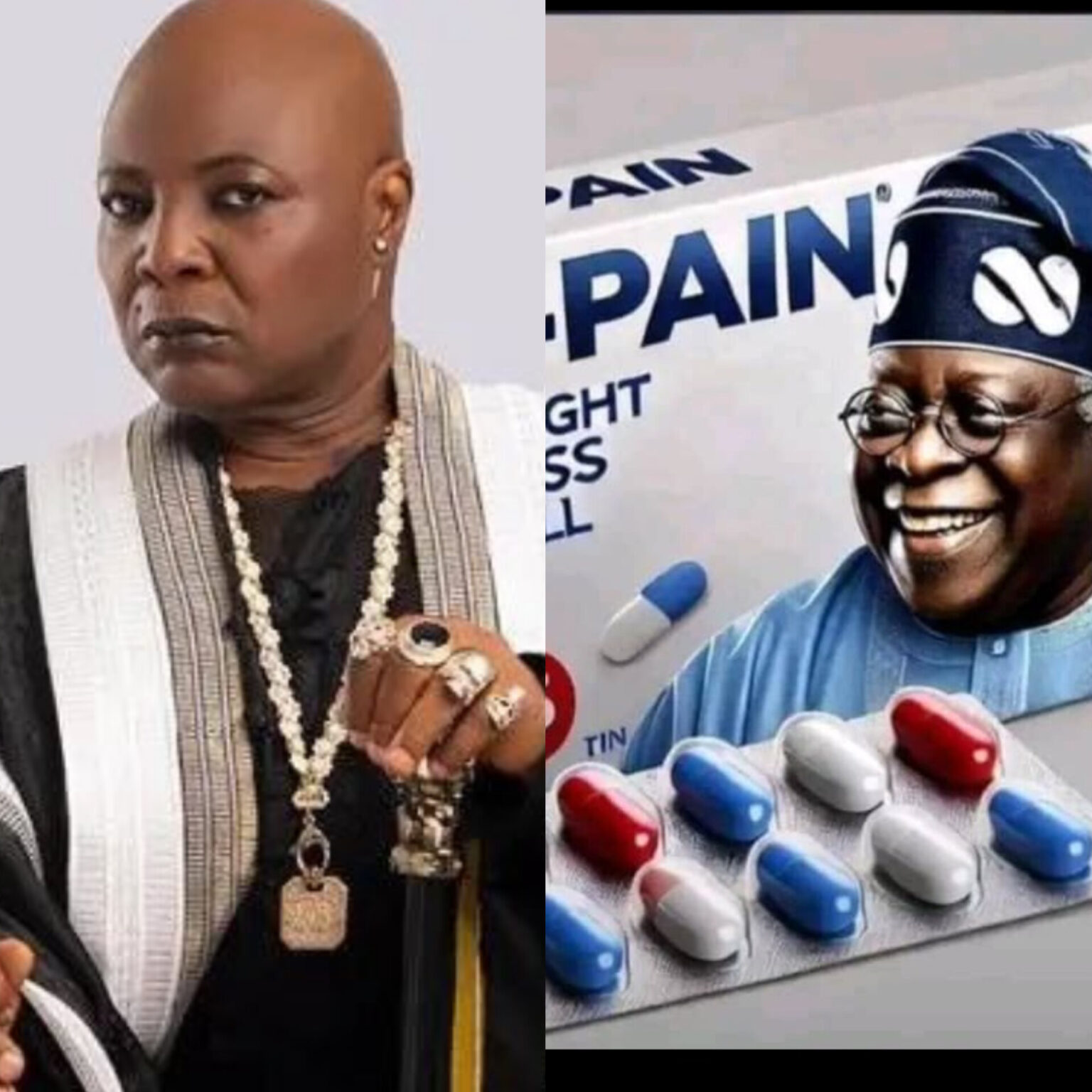Prominent Nigerian activist and entertainer, Charly Boy, has reignited the national conversation on Nigeria’s political landscape with sharp criticisms of the country’s leadership selection process. His recent remarks target what he describes as a “transactional” approach to political leadership, which, he argues, has hampered Nigeria’s potential by focusing on regional power rotation rather than the competence and vision necessary for national development.
Charly Boy, known for his strong stance on social justice and political reform, expressed his frustrations about the tendency to prioritize regional representation over the nation’s overall progress. He drew comparisons between recent northern and southwestern presidencies, pointing out that while the North brought former President Muhammadu Buhari, who served two terms amidst significant public criticism, the South-West responded with Bola Ahmed Tinubu, the current president, who has faced similar critiques since taking office.
In his comments, Charly Boy remarked, “Northerners think they have the monopoly of sending their worst leaders to rule Nigeria! They gave us Buhari, and the Yorubas gave them Tinubu. Transaction successful.” This exchange, he argues, reflects an ongoing pattern where regional blocs present candidates more focused on preserving local influence than addressing Nigeria’s pressing challenges. He went on to suggest that this model of “transactional” leadership fails to serve the collective interests of Nigerians and often results in governance he describes as “aura for aura,” with one disappointing administration simply replacing another.
His statement also alludes to the possibility of future leaders being drawn from a similar pool of controversial figures, if this pattern persists. Charly Boy mentioned that figures such as Abdullahi Ganduje or Bello Matawalle could potentially be proposed from the North in the future, while the South might respond with leaders like Hope Uzodimma, Okezie Ikpeazu, or Godswill Akpabio. This exchange, he suggests, could maintain a “do-me-I-do-you” cycle of governance that lacks accountability and remains stagnant, ultimately sidelining the needs and expectations of everyday Nigerians.
This frustration resonates with a broader sentiment among Nigerians who feel disillusioned by the persistent challenges in sectors such as security, economy, and infrastructure. Many critics echo Charly Boy’s call for a merit-based approach to leadership selection that would place the nation’s progress above regional loyalties and affiliations. His statement has spurred widespread discussion on the need for a leadership model focused on candidates with a track record of service, integrity, and commitment to addressing Nigeria’s core issues.
Analysts suggest that Charly Boy’s remarks tap into a growing discontent with Nigeria’s political system. Over the years, the practice of rotating power among the country’s major regions was initially intended to foster inclusivity and balance, but critics argue it has become a mechanism that often prioritizes political expediency over accountability. Instead, they contend, Nigeria requires leaders who can unify the country under a common vision and address its complexities without the weight of regional biases.
Charly Boy’s call for change comes amid mounting demands for reforms across Nigeria’s political spectrum. Citizens across the country have increasingly voiced their desire for leaders chosen based on competence, vision, and dedication to the country’s growth rather than regional transactions. His outspoken stance on this issue underscores a critical need to reshape the nation’s leadership approach, focusing on candidates who prioritize Nigeria’s development over regional interests.
As Nigeria navigates its future, Charly Boy’s critique of transactional politics highlights the urgency for a transformative approach to leadership—one that will fulfill the aspirations of millions of Nigerians yearning for meaningful change.





